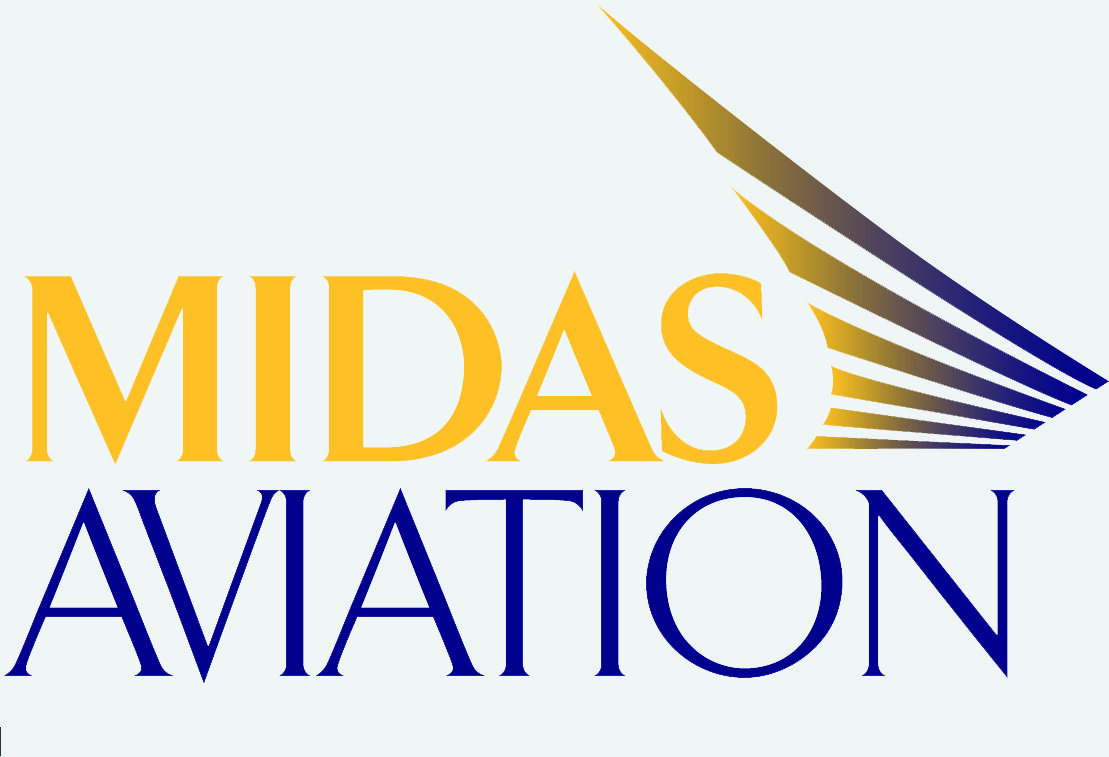The cost of listening to the public – Heathrow Expansion and Flying Shame
Living as I do fairly close to Heathrow Airport, I took up an invitation a few days ago to attend one of the 43 Airport Expansion Consultation events being held between June and September. These events, held in towns and communities from Woking to Wimbledon and Leatherhead to Lambeth, and hosted by Heathrow Airport, are an opportunity for the airport to present plans for the new runway and for individuals to provide feedback. Not up for discussion was the new runway itself; rather, this was an opportunity to see road layouts, plans to divert rivers, phasing of construction and manage the environmental impact of building a new runway.
I was greeted at the door with the opportunity to take a copy of the “Preliminary Environmental Information Report – Non Technical Summary”, a mere 73 pages of A3 full colour documentation replete with soothing images of sunsets, happy smiling people, blue skies, rural waterways and bird boxes as well as plenty of acronyms – NTS (Non Technical Summary), DCO (Development Consent Order), PEIR (Preliminary Environmental Information Report) and many more. Was this an expensive PR exercise or a genuine effort to provide information, reassure that – really – every concern had been considered, and seek feedback?
The staff were attentive and amenable to questions. They were clearly well briefed. This was not like the previous community consultation I had attended for a housing development project where tempers quickly frayed. Like Brexit, have we become so bored by a process which was never meant to take this long that now we are resigned to the outcome whatever it looks like?
In China, by contrast, where consultation is not factor, the government estimates that it will need an additional 215 airports by 2035. Of course, it’s a bigger country but that is almost a doubling of airports in the time it will take us to reach Phase 3 of the Heathrow airport expansion, according to my glossy consultation report.
While I welcome consultation and the opportunity for the general public to have their say, being guided by what the public want may have its downsides if you are an airport planning for the long term. The airport development is based on a forecast of commercial aviation traffic generated several years ago. I don’t doubt that a new runway is needed. Even from an environmental point of view we need to reduce the excessive circling in the air and waiting on taxiways that aircraft are required to do as long as there is limited runway capacity in the South East of England. But as an aviation forecaster, I am watching the trends more carefully than ever before. Until now, little has impacted the steady increase in air travel. Major events such as a global economic downturn or outbreaks of Asian bird flu have done little to dent the upward trend in air travel. But is it possible that Flygskam – flying shame – the phenomenon taking hold in Sweden where people actively choose not to fly and can boast of choosing the train, is more than a localised and short-lived episode? Admittedly, with its long dark winters, Swedes fly more than most. The number of passengers departing from Swedish airports equates to 2.1 for every person living in Sweden. However, this is only 15% higher than the equivalent figure of 1.8 for the UK.
Concern about CO2 emissions and the impact on the climate is the reason for the changing habits. For many working in the aviation sector it is almost unthinkable that upward trends in air travel could come to a halt, or even reverse but if we look at trends in meat consumption in the UK, we have seen a dramatic shift in a short space of time such that around one in eight of the British population now claims to be vegetarian or vegan and another 21% are ‘flexitarian’. Overall, around a third of the population are eating substantially less meat than just a few years ago and much of this can be attributed to concern for the CO2emissions associated with meat consumption.
The airport expansion consultation feedback form is an A4 document with 14 pages for open-ended responses to 24 questions about the development, plus a further two blank pages in case I run out of space elsewhere. I’m left wondering what happens if the public decide en masse that they don’t want to fly twice as much as they do today.
Click here for more information on the Heathrow Airport consultation.
-Becca Rowland


